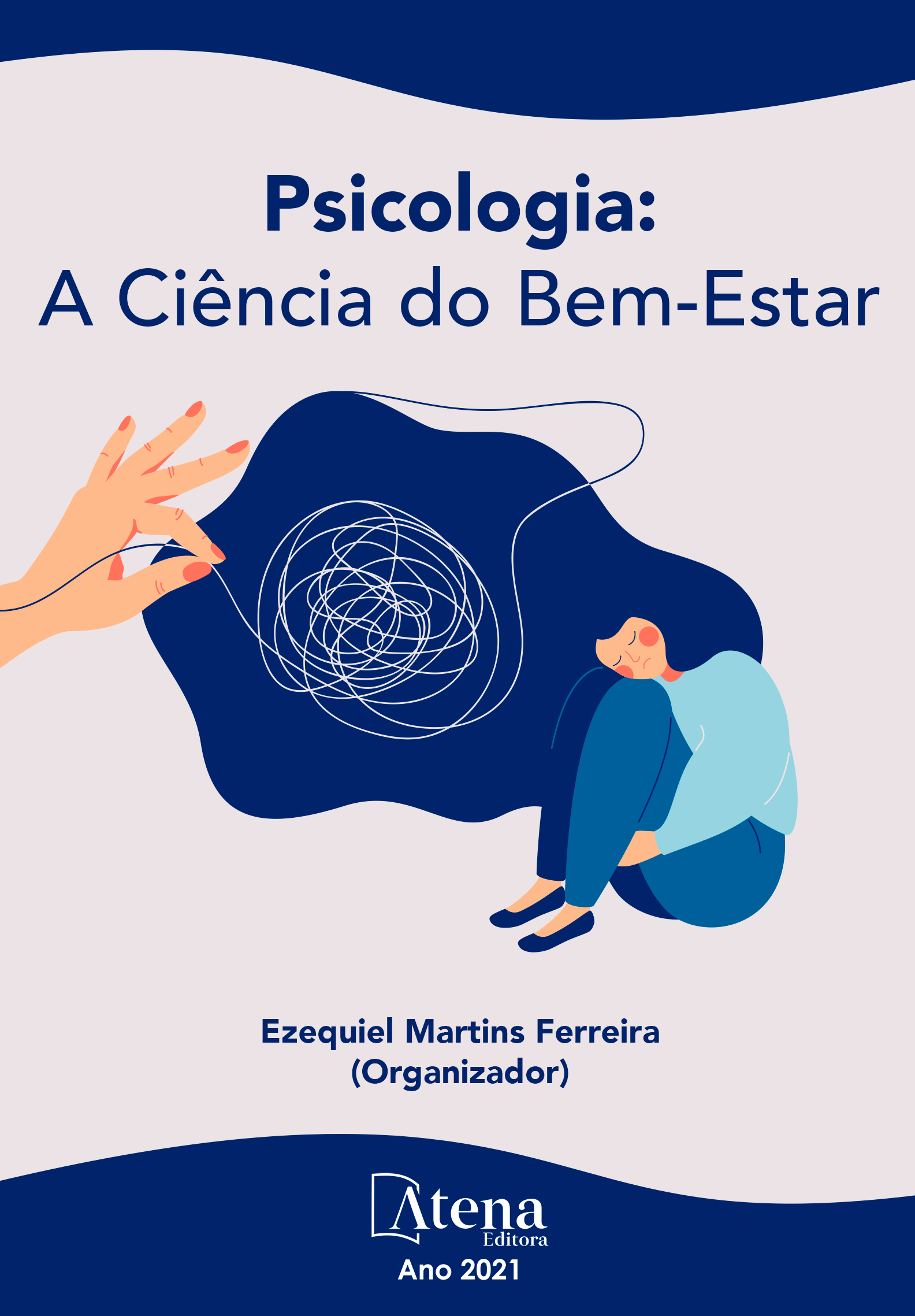
PERSPECTIVA TEMPORAL E REGULAÇÃO EMOCIONAL DE ESTUDANTES UNIVERSITÁRIOS.
A orientação e a direção preferencial dos pensamentos e ações de uma pessoa em relação ao passado, ao presente, ou ao futuro tem uma influência dinâmica nos seus julgamentos, decisões e ações. A percepção que as pessoas têm da extensão do tempo futuro ou da importância do passado exerce um papel importante no comportamento atual e também gera implicações para emoção, cognição e motivação. Este aspecto do tempo é denominado perspectiva temporal. Apesar da crescente literatura em torno da perspectiva temporal, poucos estudos buscaram investigar a sua relação com a regulação emocional. No presente estudo participaram 90 estudantes do Centro Universitário Celso Lisboa que após preencherem o Termo de Consentimento Livre e Esclarecido responderam a Escala de Perspectiva Temporal (ZTPI) e a Escala De Desregulação Emocional (DERS-36). Os resultados sugerem que os participantes que apresentaram perspectiva temporal balanceada entre presente, passado e futuro tinham uma tendência de regular melhor suas emoções. Dessa forma, conclui-se que compreender o potencial prático da investigação da perspectiva temporal na prática clínica pode propiciar futuramente a criação ferramentas e estratégias de intervenção que auxiliem quadros clínicos associados as dificuldades de regulação das emoções.
PERSPECTIVA TEMPORAL E REGULAÇÃO EMOCIONAL DE ESTUDANTES UNIVERSITÁRIOS.
-
DOI: 10.22533/at.ed.60421280120
-
Palavras-chave: Perspectiva temporal, regulação emocional, universitários, Psicologia.
-
Keywords: Time perspective, emotional regulation, College students and Psychology
-
Abstract:
The orientation and preferential direction of a person's thoughts and actions toward the past, the present, or the future has a dynamic influence on their judgments, decisions, and actions. People's perception of the extent of future time or the importance of the past plays an important role in current behavior and also generates implications for emotion, cognition, and motivation. This aspect of time is called temporal perspective. Despite the growing literature surrounding the temporal perspective, few studies have sought to investigate their relationship to emotional regulation. In the present study, 90 students from the Celso Lisboa University Center participated and, after completing the Informed Consent Term, answered the Temporal Perspective Scale (ZTPI) and the Emotional Deregulation Scale (DERS-36). The results suggest that participants who presented a balanced temporal perspective between present, past and future had a tendency to better regulate their emotions. Thus, it is concluded that understanding the practical potential of temporal perspective research in clinical practice may in the future facilitate the creation of intervention tools and strategies that aid clinical pictures associated with the difficulties of regulating emotions.
-
Número de páginas: 14
- Richard dos Santos Ferreira
- Luan Felipe de Sousa Dantas
- Carlos Eduardo Norte


